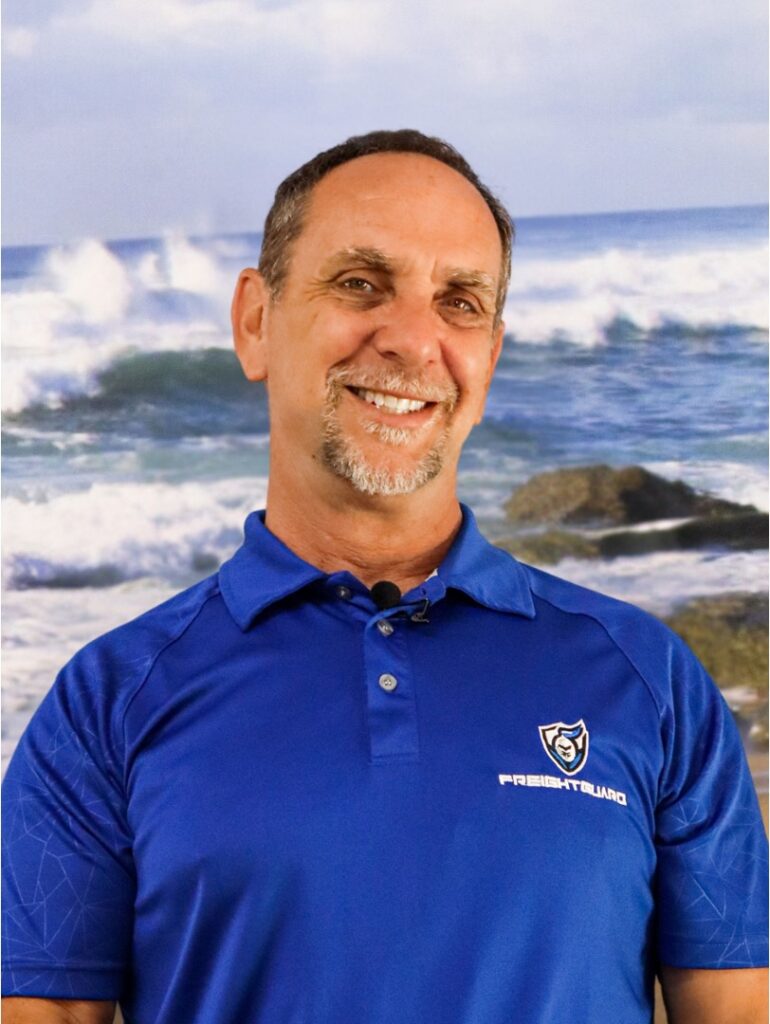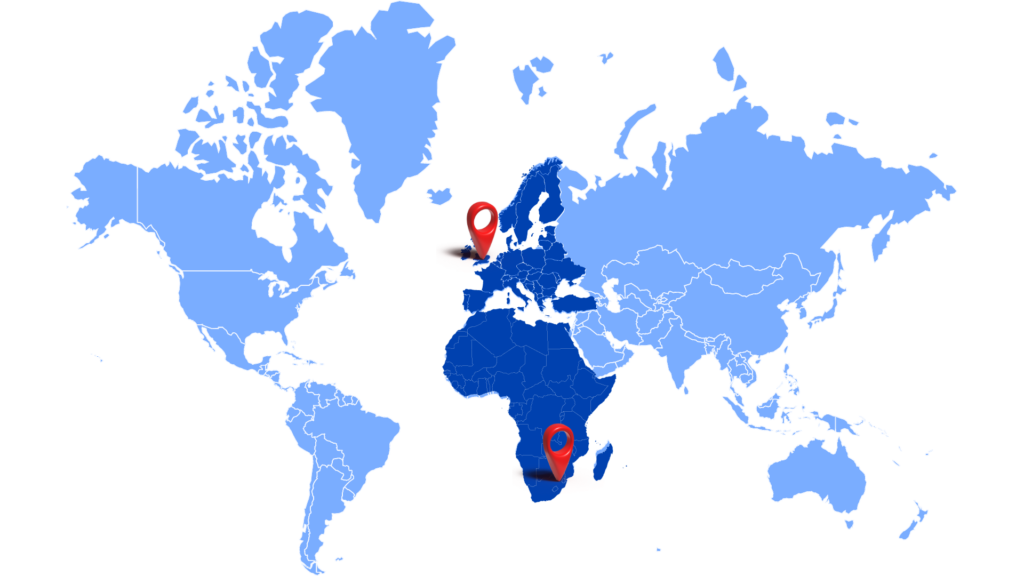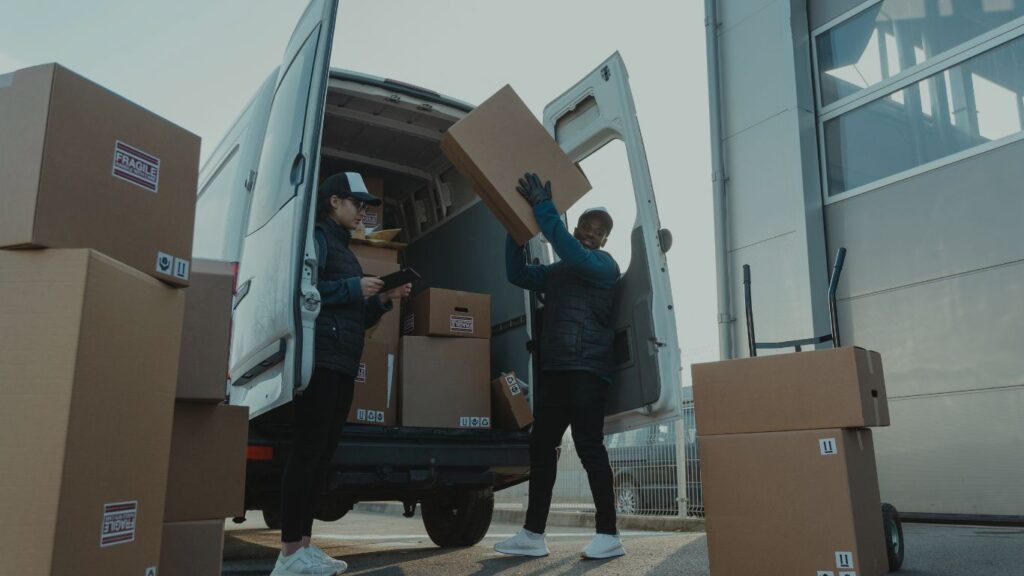How FreightGuard was established, which pioneered the limited liability concept for the freight industry?

FreightGuard all started with an idea from our Founder, Steve Zeff.
While studying for the advanced program in Financial Risk Management, he pondered how the Central Limit Theorem (Law of large numbers) could be applied to the freight industry. Without getting too technical, this theory says that once a frequently occurring event has occurred, you can predict the likelihood of the next occurrence with increased accuracy as the sample size increases. So for example, in a pool of motor vehicles in Gauteng, once you have established how many “fender bender” accidents occur, you can predict with a greater degree of accuracy, the likelihood of these reoccurring. The larger your sample size (pool) the greater the degree of accuracy of your prediction.
Steve therefore reasoned that once you measured the frequency of regular claims for losses and damage in the freight industry (ignoring insurable events), you could price for this risk and retain it within the freight organisation rather than transferring it to an insurer.
At the time, his case study for his advanced program was XPS Couriers, which potentially stood to gain from his discovery. The MD of XPS Couriers agreed to implement the limited liability concept as a Proof of Concept, for 3 months. The limited liability fund at XPS, generated additional revenue of R11 million in its first year with a 65% profit margin nett of claims and fees.
By 2009 the FAIS Act (Financial Advisory and Intermediary Services Act) was being entrenched into South African society and it became illegal for organisations to sell or promote insurance business without an Financial Services Provider (FSP) licence. Steve was contacted by TNT South Africa through SAEPA (South African Express Parcel Association) and was invited to address the issue of limited liability with the then, Financial Services Board.
The FreightGuard business was established by Steve in 2010.
Under the stewardship of Pam Eley, and the rest of the FreightGuard team, the company has grown so that they have signed 40 contracts with freight organisations and are currently dealing with a further 85 who are in the pipeline. Through the exciting journey of FreightGuard, with all the learnings, challenges and adaptations, we couldn’t be prouder to be known as industry leaders and experts.




